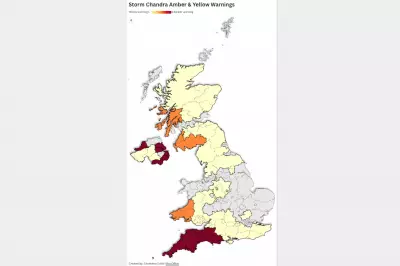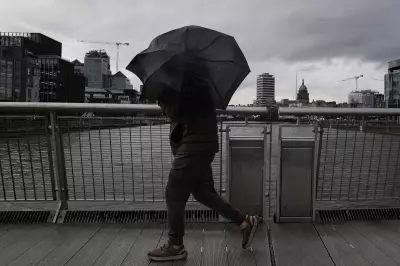
In a remarkable twist of planetary science, Earth's changing spin is forcing timekeepers to consider an unprecedented adjustment to our clocks. According to groundbreaking research, we may need to subtract a second from global timekeeping within just five years—a direct consequence of climate change's profound impact on our planet's rotation.
The study, led by Dr Duncan Agnew at the University of California, San Diego, reveals that the accelerated melting of polar ice is counterintuitively causing Earth to spin faster. This phenomenon is altering the distribution of the planet's mass, much like a figure skater pulling their arms in to spin more rapidly.
The Ticking Time Conundrum
For decades, timekeepers have periodically added 'leap seconds' to Coordinated Universal Time (UTC) to account for Earth's gradual slowing. However, the planet's rotation has now begun to accelerate, creating the potential need for history's first 'negative leap second'—where a second would be removed rather than added.
"This has never happened before," notes Dr Agnew. "We're facing the very real possibility that timekeeping may need to subtract a second for the first time in history."
Climate Change's Unexpected Role
The research identifies melting ice from Greenland and Antarctica as the primary driver behind this rotational acceleration. As ice melts from the poles and flows toward the equator, it redistributes Earth's mass in a way that speeds up its rotation.
This effect is so significant that it's offsetting the natural slowing caused by tidal friction and other geological factors that have gradually lengthened our days over millions of years.
Implications for Global Systems
The potential time adjustment carries substantial implications for technology infrastructure worldwide. Global positioning systems, financial markets, and computer networks all rely on precise time synchronization, and a negative leap second could potentially disrupt these systems.
The Royal Observatory Greenwich, home of Greenwich Mean Time, along with international timekeeping organizations, continues to monitor these developments closely as they consider how to address this unprecedented timekeeping challenge.





